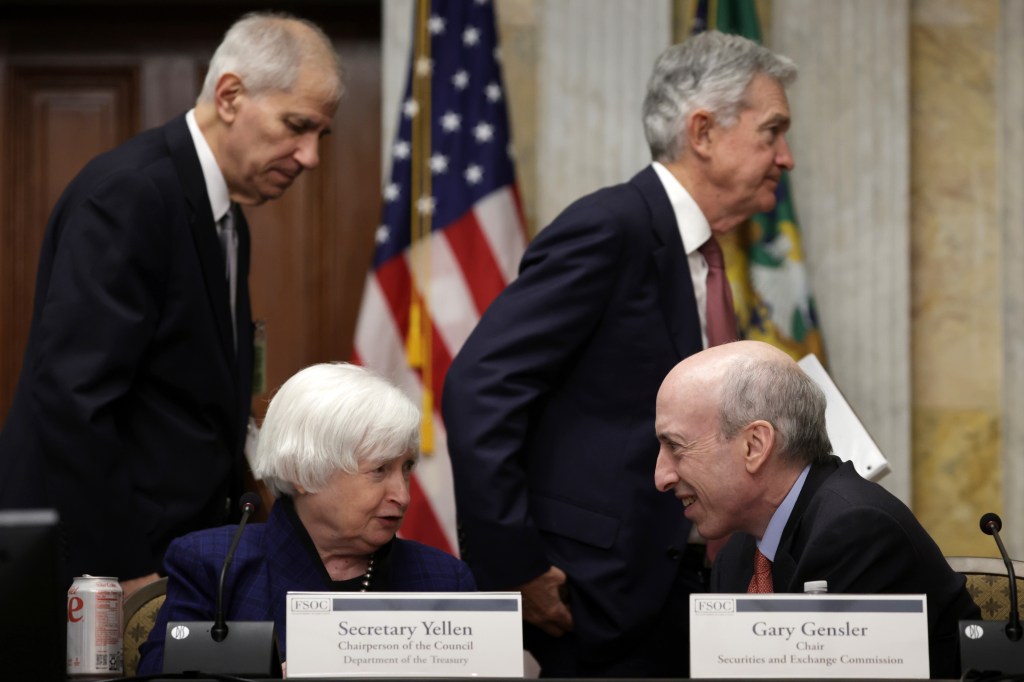The US financial system remains resilient, though vulnerabilities warrant ongoing vigilance. That is the main message from the 2024 annual report of the Financial Stability Oversight Council (FSOC) which has just unanimously approved its publication.
The annual report reviews developments in financial markets, identifies vulnerabilities and emerging threats to US
Register for free to keep reading
To continue reading this article and unlock full access to GRIP, register now. You’ll enjoy free access to all content until our subscription service launches in early 2026.
- Unlimited access to industry insights
- Stay on top of key rules and regulatory changes with our Rules Navigator
- Ad-free experience with no distractions
- Regular podcasts from trusted external experts
- Fresh compliance and regulatory content every day













